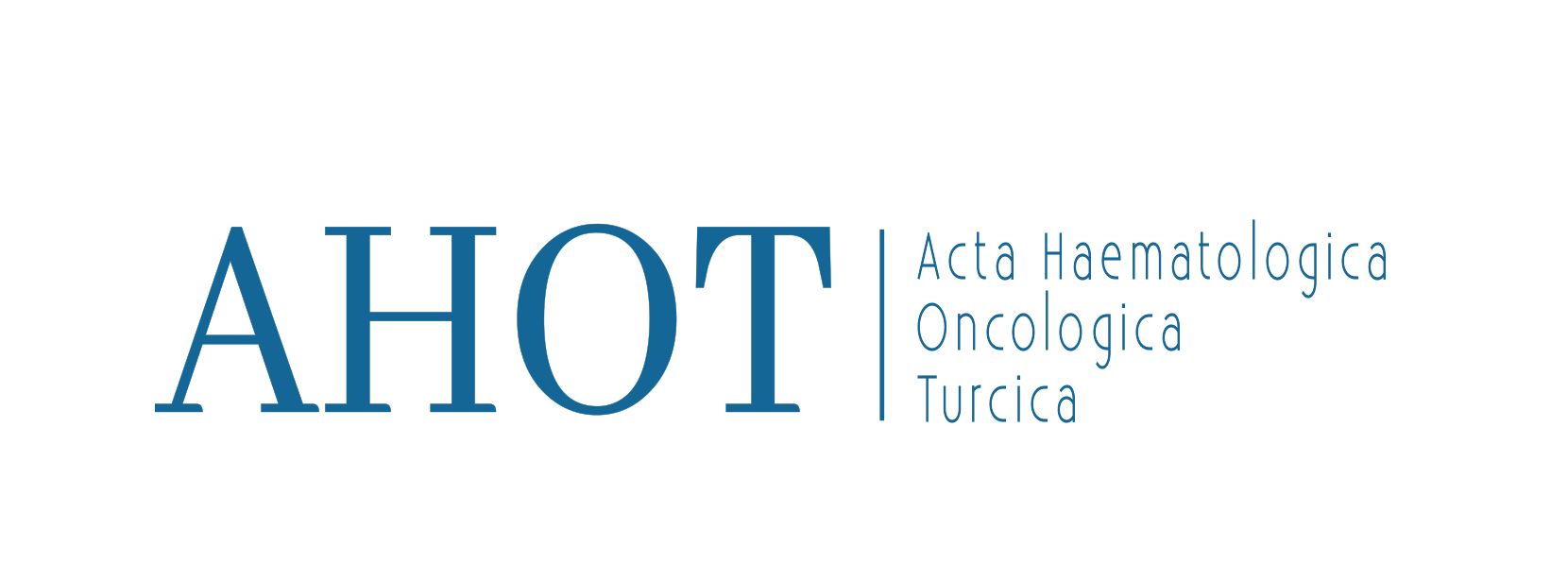Abstract
INTRODUCTION
Acute kidney injury (AKI) is a common condition in critically ill patients using intravenous colistin. Nephrotoxicity is dose-dependent and usually reversible. The protective effect of the use of N-Acetyl Cysteine (NAC) on kidney injury has been the subject of research for many years. In this study, we aimed to investigate the AKI in our patients who have used intravenous colistin in our intensive care unit with N-Acetyl Cysteine for mucolytic use.
METHODS
In the Intensive Care Unit of Ankara Oncology Hospital between June-December 2017, thirty-five patients over 18 years of age who were using colistin via intravenous route for five days and above as antimicrobial therapy were included in the study. Patients were retrospectively examined and divided into two groups according to whether they were using NAC in the mucolytic dose. Twelve patients who did not use NAC and twenty-three patients who used NAC were detected. The relationship of NAC with AKI was investigated. The data were analysed by frequency, cross-tables and Mann Whitney-U analysis in SPSS 24.0 program.
RESULTS
In twenty-six of the patients who were using colistin, AKI developed according to the criteria of KDIGO (74.3%). There was no significant difference between AKI rate, mortality rate, number of days of mechanical ventilation and ICU length of stay among the NAC group and non-NAC group. There was no relationship between eGFR level during hospitalization and development of AKI after use of colistin.
DISCUSSION AND CONCLUSION
It was found that mucolytic use of NAC was unsuccessful in inhibiting the nephropathy of the colistin. Although high doses of NAC have been shown to be protective against kidney damage in animal studies and in vitro studies, no protective effect of NAC due to colistin was observed in patients who were in intensive care.



